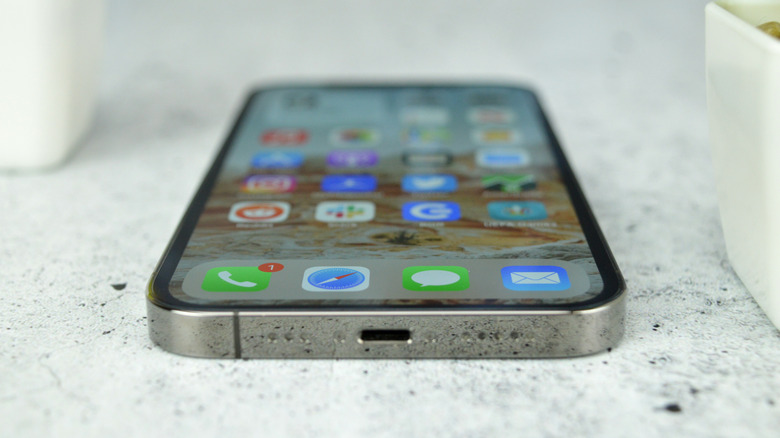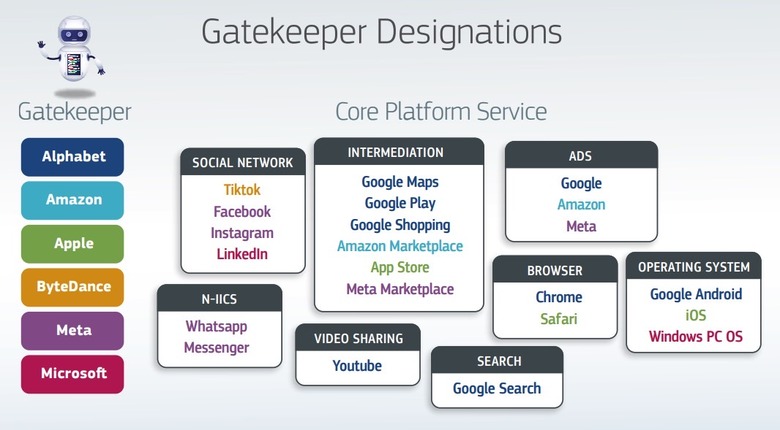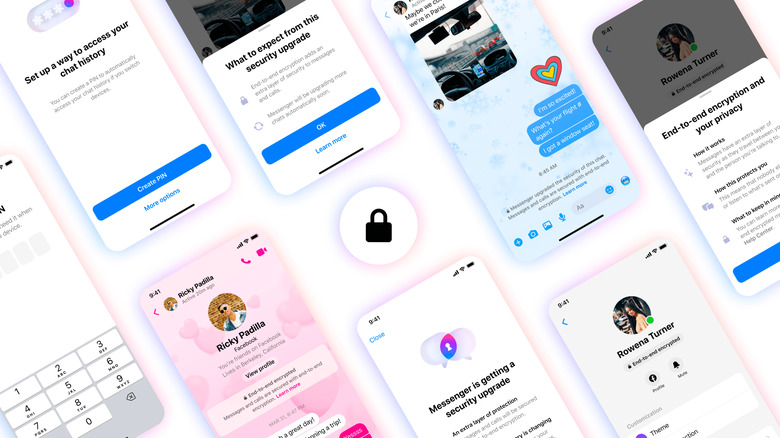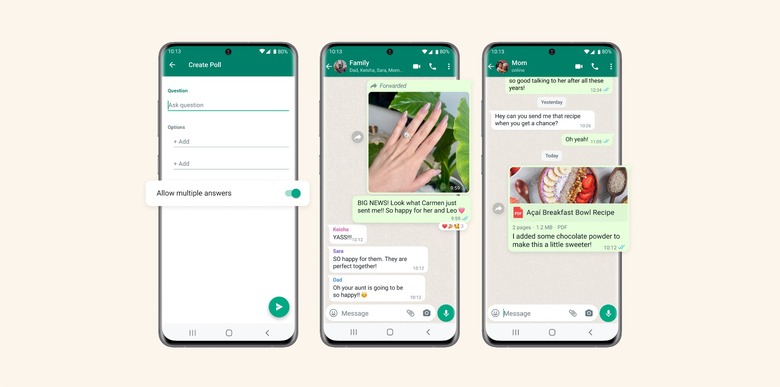WhatsApp And Facebook Messenger Are Gatekeepers In The EU - Prepare To Be Confused
Earlier this week, the European Commission announced the first list of gatekeeper companies and services for the European Union (EU). That's how we know Apple doesn't have to open iMessage to RCS anytime soon. And iOS 17 will bring sideloading to iPhone, at least in Europe. The EU wants its Digital Markets Act (DMA) law to improve services from tech giants in the region, and reduce the power of big tech companies while protecting customers. But those customers are about to be confused.
While iMessage isn't a gatekeeper service, per the DMA rules, Meta's WhatsApp and Facebook Messenger chat apps are. That means Meta has six months to open up its popular chat apps to rival platforms, and I don't expect that process to be user-friendly or fun.
When discussing the EU's influence on iMessage and the potential RCS support, I explained that I don't suffer from a blue vs. green bubble problem. We have iPhones and Androids in my family and my group of friends, yet we've never had any issues communicating via chat apps.
If anything, a regulator like the EU forcing Apple to support RCS might bring only usability issues. And I don't want to be the designated tech guy who has to fix unforeseen software issues that many of my family members are bound to face.
WhatsApp and Facebook Messengers are gatekeepers
The same argument applies to WhatsApp and Messenger. These two big chat apps are gatekeepers now. Meta has six months to make them work with rival platforms, which is probably something Meta doesn't want to do. And to be frank, interoperability is a feature I don't want from these apps.
Meta might have to find ways to add WhatsApp and Facebook Messenger support to third-party chat apps. Think iMessage, RCS, Signal, and who knows what else. This can't be easy, especially for WhatsApp, which is end-to-end encrypted. WhatsApp is one of the apps I use most to talk to people, including iPhone owners.
But the DMA is clear, interoperability of messenger apps is a must once these services make the list:
The DMA includes an interoperability obligation for gatekeepers providing messenger services concerning basic functionalities.
The good news is that Meta only has to make its chat apps work with third-party apps if those third-party apps require it. So, I wouldn't expect Apple to ask Meta to have WhatsApp support iMessage chats. But what if Google decides it wants Meta's chat apps to support RCS?
How interoperability should work
If third-party instant messaging app vendors decide to request interoperability support from Meta, this is what would follow:
Some basic functionalities have to be made available for interoperability within six months from the designation of the gatekeeper, (e.g. text messages between two individual users), more complex ones will be introduced gradually and have to be made available after two years (e.g. group text messages) or four years (e.g. audio and video calls between two individual users or groups of end users) from the moment of designation.
This calendar would apply to RCS support in iMessage if and when Apple's chat app becomes a gatekeeper. And if the service stops being a gatekeeper after a while, it must mean it can throw away those interoperability features.
At the very best, a competing WhatsApp service would get support for simple two-way chats within six months. That's if Meta can even find a way to incorporate it without breaking encryption. Let's remember that Meta did make Messenger and Instagram chats work together, but it did not combine them with WhatsApp. Again, the latter is end-to-end encrypted.
Thankfully, the DMA does protect strong encryption, so Meta has a good way out for WhatsApp:
The DMA provisions on the interoperability obligation also ensure that the levels of service integrity, security and encryption offered by the gatekeeper shall and will not be reduced.
But wait, it gets worse.
In the end, it's up to the user
It's not just WhatsApp and Facebook Messenger rivals that get to choose whether to ask for interoperability. It's also customers who get to choose:
It is important to stress that non-gatekeeper service providers of messenger services are not obliged to implement interoperability, meaning they are free to choose either to benefit from such interoperability obligation that falls upon the gatekeeper, or to keep their service separate from the gatekeeper.
In addition, end users will equally have the choice to use or refuse such an option, where their provider has decided to interoperate with a gatekeeper.
I know I won't want to take advantage of WhatsApp or Facebook Messenger interoperability once Meta rolls out any kind of support for third-party chat apps.
In other words, complying with the DMA sounds like a nightmare for gatekeepers, especially for chat app developers. As for Meta, it'll have to spend money on potentially making WhatsApp and Facebook Messenger work with other chat apps in Europe for end users who probably don't really care about interoperability in the first place.



